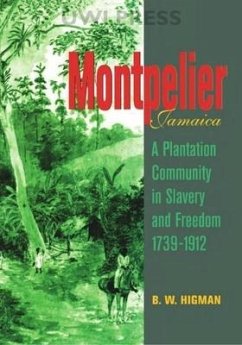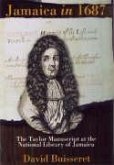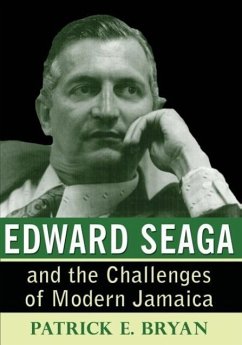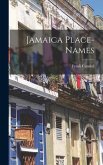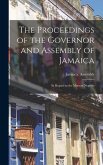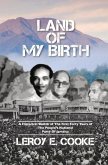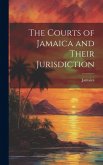This detailed study of the life of a Jamaican plantation community during slavery and the post-emancipation period is based on archaeological investigations as well as more traditional documentary sources. The family and household structure of the slave population is analysed and linked to the physical layout of the village. A comprehensive picture of the material culture of the plantation workers is facilitated by sources, and covers everything from foodways to clothing, ornament and architecture.

